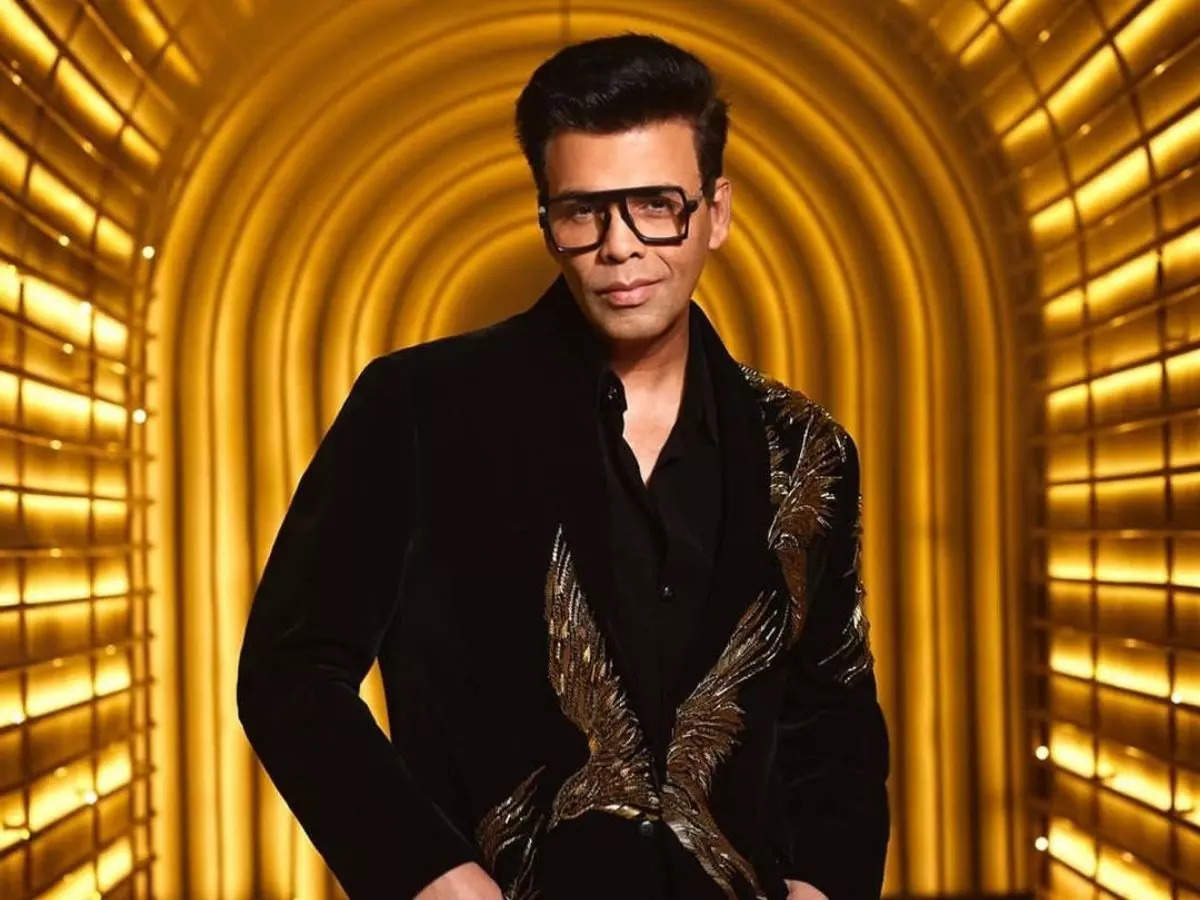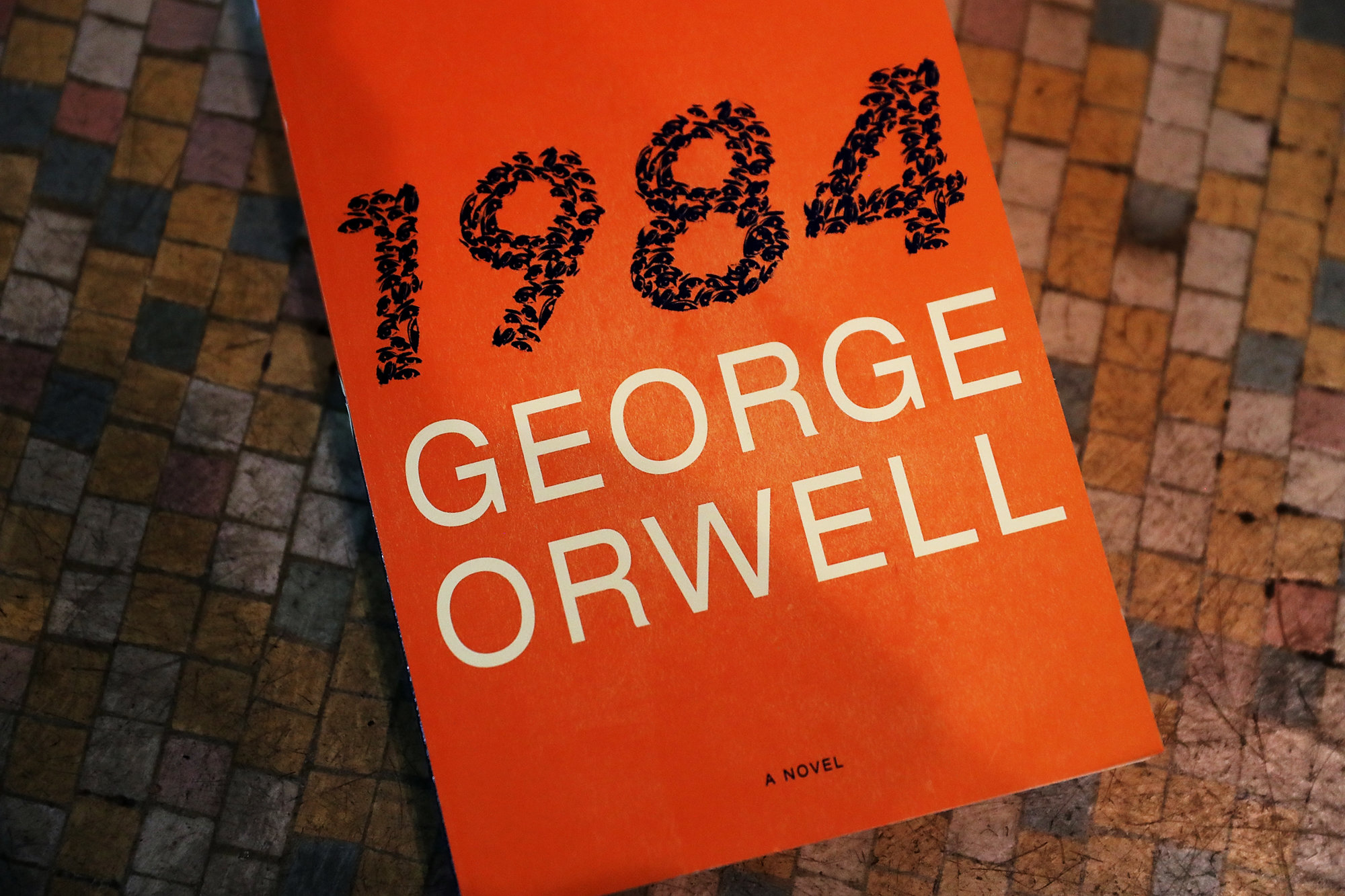Filmmaker Karan Johar is renowned for his active presence on social media platforms and he recently took to his Instagram stories to share a cryptic message. He is hinting at his views on current trends in Bollywood. In his posts, Karan Johar subtly criticized filmmakers and prevailing Bollywood norms and he is advocating for a focus on quality content over mere trends.

Expressing his opinion, Karan emphasized the importance of creating content on a grand scale and he tailored to suit various genres and themes. He stressed the need for filmmakers to prioritize substance over fleeting trends and urging them to craft narratives that resonate with audiences beyond superficial social media trends.
In one of his Instagram stories Karan Johar wrote, “If you need a bigger scale then make it. Action has started. The weather changes every week. The conviction has been beaten hard!” This statement underscores his belief in the enduring significance of meaningful storytelling that transcends fleeting social media fads.
Earlier in the week Karan also made remarks critiquing the use of cosmetic fillers, emphasizing that external alterations cannot substitute for inner fulfillment and authenticity. He conveyed, “Fillers are applied but fulfillment is not found. Make up is applied, summer is near. Changing the nose does not remove the smell. Going under the knife, the outer clouds also go. But my love. don’t change my character.” This poignant message underscores the importance of embracing one’s true self and prioritizing inner contentment over cosmetic enhancements.
On the professional front, Karan Johar is currently engaged in multiple projects. These include ‘Sunny Sanskari Ki Tulsi Kumar’, featuring Varun Dhawan and Janhvi Kapoor in lead roles; ‘Jigra’, starring Alia Bhatt and Vedang Raina; and ‘Bad Newz’, which features Vicky Kaushal, Triptii Dimri, and Amy Virk.
With his diverse lineup of upcoming films, Karan continues to make significant contributions to the Indian film industry, emphasizing the importance of storytelling and authenticity in cinematic narratives.
